Good ventilation is the secret to a healthy house. It stops mould, clears smells, and makes heating or cooling work better. If you’re battling stale air, a noisy fan, or a heat pump that won’t blow warm air, you’re in the right place. Below are simple steps you can take right now, plus clear signs when it’s time to call an expert.
Most homes have at least one extractor fan in the kitchen or bathroom. When these fans hum loudly, wobble, or stop working, the problem is usually a blocked grille or a loose motor. Start by unplugging the fan, removing the cover and cleaning any dust or grease buildup. A vacuum or a brush works fine. If the motor still sounds odd after cleaning, tighten any loose screws and check the wiring for loose connections. Many issues are solved without a professional.
Another frequent complaint is uneven airflow from a heat pump. If the unit isn’t blowing warm air, the filter might be clogged, or the fan blades could be dirty. Turn off the power, open the filter compartment, and rinse the filter with water. Let it dry fully before reinstalling. Wipe the fan blades with a damp cloth. A clean filter and blades can restore proper airflow and improve heating efficiency.
Cold showers often point to a water heater problem rather than ventilation, but a poorly ventilated boiler room can cause overheating and safety risks. Make sure the boiler area has a dedicated vent or window that can stay open a crack. Check that the vent pipe isn’t blocked by debris or bird nests. A clear vent helps the boiler work safely and reduces the chance of carbon monoxide buildup.
If you’ve tried cleaning the fan and the unit still won’t run, or if you notice a burning smell, it’s time to call a qualified technician. Electric fans involve wiring that can be dangerous if mishandled. A professional will test the motor, replace worn parts, and ensure everything meets safety standards.
Heat pumps that refuse to heat even after cleaning may have a refrigerant leak or a faulty compressor. These issues require specialized tools and certification. Trying to fix them yourself can void warranties and cause further damage. Book a reputable repair service that knows how to handle both air‑source and ground‑source systems.
Boiler or water heater vents that seem blocked and won’t clear after a quick inspection should also be left to experts. Improper venting can lead to carbon monoxide poisoning, which is a serious health threat. A certified engineer will assess the vent pathway, clean it safely, and verify that the system is blowing out exhaust correctly.
In short, start with the easy fixes: clean filters, clear vents, tighten screws. If the problem sticks, don’t risk electric shocks or gas leaks—call a professional. Keeping your home’s ventilation in top shape not only protects your health but also saves you money on energy bills.
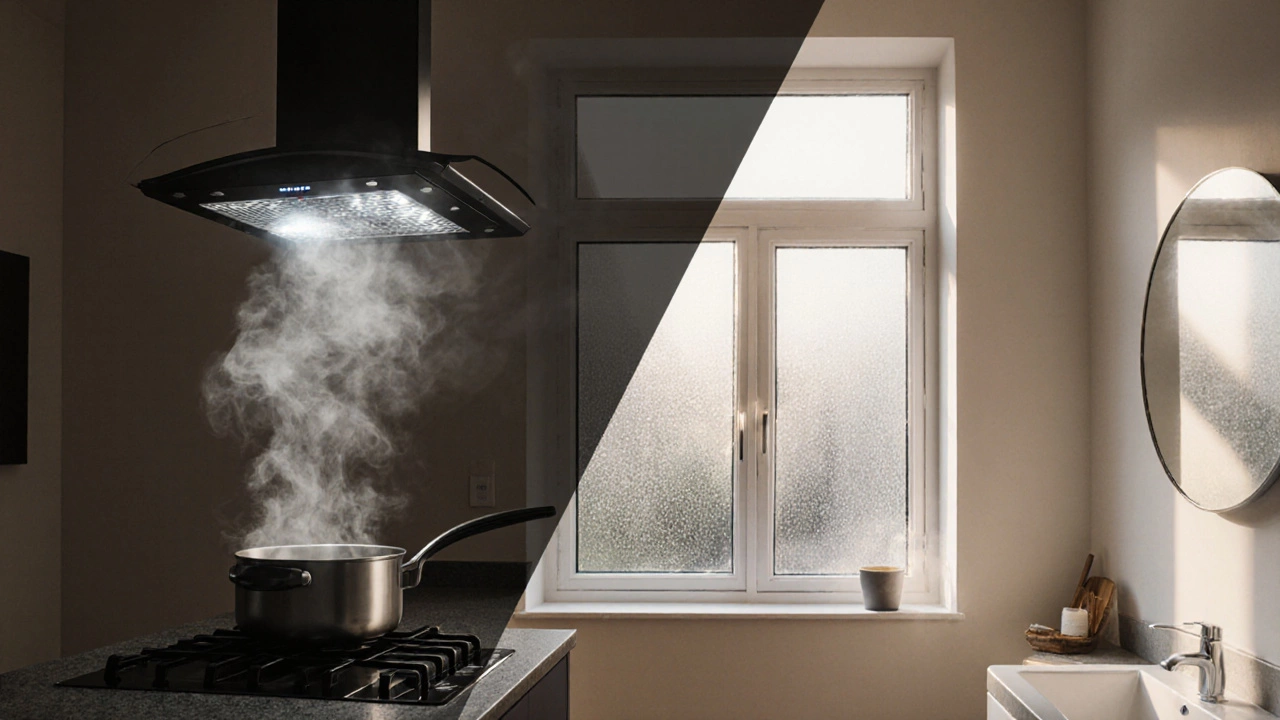
Explore whether you can live without an extractor fan, covering UK regulations, health risks, passive ventilation tricks, dehumidifier use, and when a mechanical fan becomes essential.

Wondering if you can change your kitchen extractor fan yourself? This guide covers steps, safety, tools, common mistakes, and installation tips for a smooth DIY experience.

Wondering how often you should replace your extractor fan? This article covers extractor fan lifespan, signs it's time for a change, maintenance tips, and why fresh air matters.

Extractor fans play a crucial role in maintaining the air quality of your home, yet often go unnoticed until issues arise. Regular servicing of extractor fans can prevent malfunction, improve efficiency, and extend the lifespan of the device. This article explores the importance of servicing extractor fans, signs that show when a service might be needed, and provides maintenance tips to keep these devices in tip-top condition. Learn how a well-maintained extractor fan can contribute to a healthier living environment.
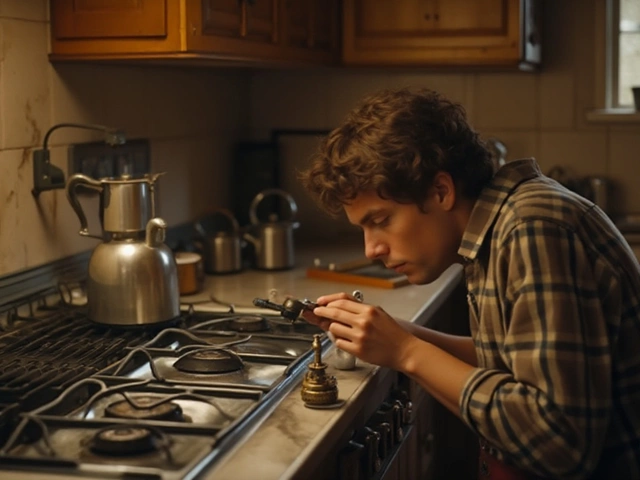
Gas cooktops are an essential part of the modern kitchen, but like all appliances, they can encounter problems over time. This article provides valuable tips and tricks on how to diagnose and repair common gas cooktop issues such as faulty igniters, uneven flames, and gas leaks. With useful insights and step-by-step guidance, even the least experienced DIY enthusiasts can potentially save money and extend the lifespan of their cooktops. If the repairs are too complex or safety is at risk, it is always advisable to seek professional assistance.
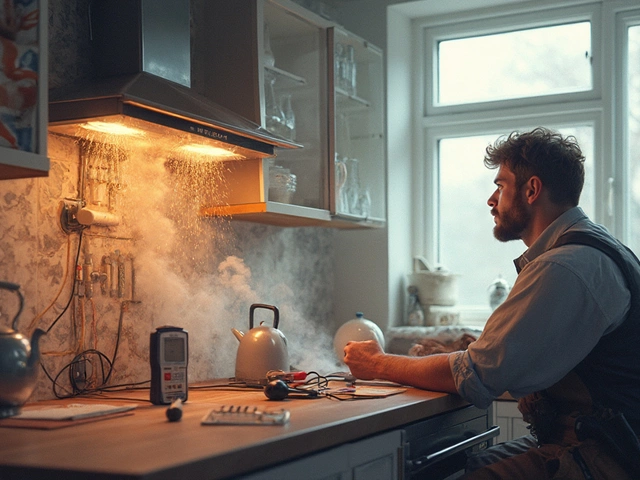
Extractor fans are essential for maintaining good air quality in homes, but what happens when they break down? This article explores whether electricians are the right professionals to fix extractor fans, the typical issues these fans encounter, and some maintenance tips to avoid frequent repairs. Learn about the repair process and when it might be time to replace your fan altogether.

Deciding whether to repair or replace a laptop can be challenging. This guide explores the costs, benefits, and considerations involved in repairing a laptop. Learn when it's worth diving into a repair and when it's best to shop for a new device, along with tips on DIY repairs and choosing a reliable repair service.
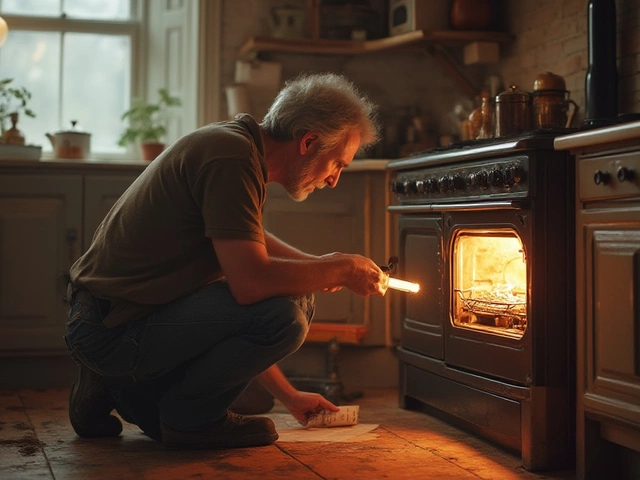
Got a cold oven? Learn if you can swap that faulty heating element yourself, what tools you'll need, and exactly what to watch out for. Easy fixes, with real-life tips.
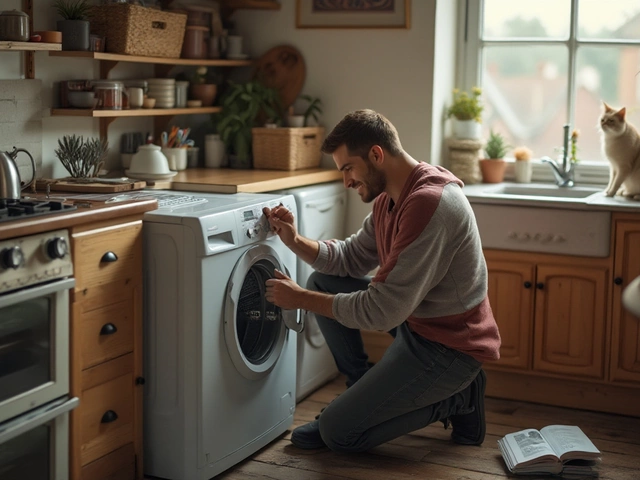
Repairing a washing machine yourself can save time and money, and it's not as difficult as one might think. This article covers the basic steps for diagnosing common issues, tools required for repairs, and safety tips to consider. Whether it's a noisy drum or a leaking gasket, we guide you through essential troubleshooting techniques. Learn how to tackle minor fixes and decide when to seek professional help.